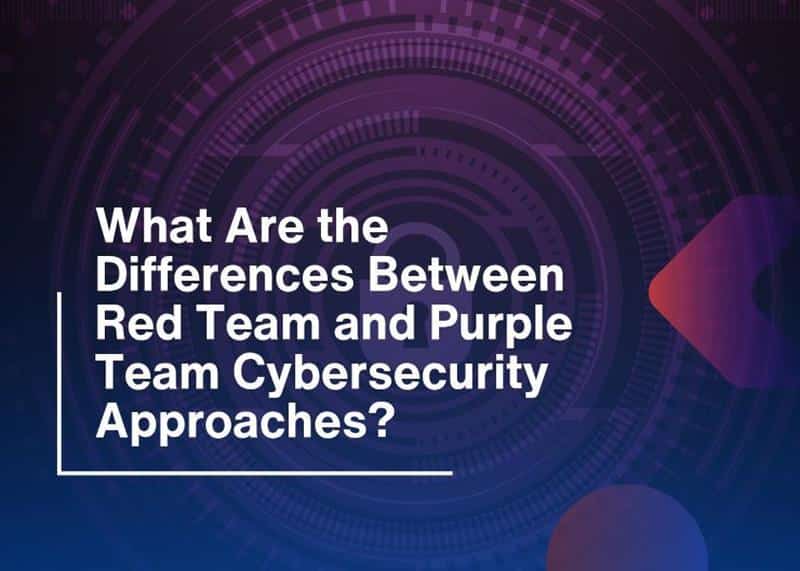In recent years, NCA in KSA has been leading in shaping cybersecurity practices across the Kingdom. If you’re new to cybersecurity, you’ve probably heard the term “NCA” in discussions about national security, compliance, or business regulations. But what exactly is the NCA Cybersecurity Framework, and why is it so important for Saudi businesses? Whether you’re a business owner, tech enthusiast, or simply curious about NCA, this guide will walk you through the essentials of NCA in KSA. So, let us help you understand how national cybersecurity in KSA is evolving.
The Role of NCA Saudi Arabia in Cybersecurity
The establishment of NCA Saudi Arabia created an institution to protect Saudi Arabia from increasing digital threats. Saudi Arabia depends on the National Cybersecurity Authority as its fundamental cybersecurity defense force. Additionally, the NCA Saudi Arabia creates security standards that nationwide organizations must follow under established frameworks, while the NCA develops regulatory policies. Furthermore, the critical infrastructure, together with government bodies and private corporations, depends on the NCA for its protection from cyberattacks.
Why Was the NCA Formed?
As Saudi Arabia continues to grow digitally, from smart cities to digital banking, the risk of cyber threats increases. Therefore, the NCA was created to:
- Safeguard national digital assets
- Moreover, build a secure and resilient cyber environment
- Establish clear rules and responsibilities for the public and private sectors
Thua, the NCA is like the cybersecurity coach of Saudi Arabia, which makes sure that everyone is trained, prepared, and playing by the rules.
What is the NCA Framework?
The NCA framework functions as a systematic methodology that assists organizations with controlling and enhancing their cybersecurity position. Therefore, a detailed strategic version of a cybersecurity checklist makes up the NCA framework.
Key Objectives of the NCA Framework
The framework aims to:
- All sections need to use standardized cybersecurity procedures.
- An organization achieves risk reduction by conducting early detection of system vulnerabilities.
- Promote a culture of awareness and security readiness among all organization members.
- Organizations must follow the national policies that regulate cybersecurity.
It’s not a one-size-fits-all model. Therefore, the framework permits organizations to develop personalized cybersecurity strategies with their risk profile and industry sector.
Core Components of the NCA Cybersecurity Framework
The framework is divided into several core domains, each focusing on a specific area of cybersecurity. Here’s a breakdown:
1. Governance
Governance is all about leadership. However, it ensures that top-level management is involved in cybersecurity planning and decision-making.
- First, define roles and responsibilities
- Aligns cybersecurity with business goals
- Establishes accountability
2. Cybersecurity Risk Management
This domain helps organizations identify, assess, and respond to cyber risks.
- Conducts risk assessments
- Moreover, implement risk treatment plans
- Monitors risk changes continuously
3. Cybersecurity Compliance
Compliance ensures that organizations follow national regulations and policies.
- Tracks adherence to laws
- Document cybersecurity controls
- Lastly, prepare for regular audits
4. Protection
This is where the actual defense mechanisms come in.
- Controls access to systems
- Moreover, encrypts sensitive data
- Installs and maintains security tools
5. Detection
You can’t fight what you can’t see. So, detection involves monitoring systems to spot threats.
- Uses threat intelligence tools
- Moreover, performs system scans
- Alerts for abnormal activities
6. Response & Recovery
When something goes wrong, this domain kicks in.
- Activates incident response plans
- Restores affected systems
- Further, learn from past incidents to improve

How Does the NCA Framework Impact Businesses in KSA?
Companies performing business operations in Saudi Arabia must adhere to the NCA framework since it stands as a mandatory requirement. Additionally, all organizations, ranging from financial institutions to medical centers and start-up establishments, must carry out the mandatory protocols. The impact of the NCA framework extends to all business operations in KSA.
1. Better Preparedness
Businesses that accept the framework demonstrate better capabilities in dealing with cyberattacks. Furthermore, performing data security functions through the CA Framework operates as a state-of-the-art surveillance system for protecting information assets.
2. Improved Trust
A business following the national cybersecurity guidelines in KSA improves customer trust, so they share their information with confidence.
3. Legal Protection
Businesses that adhere to NCA policies protect themselves against legal consequences. As it protects them from non-compliance fines, shutdowns, and other penalties.
Who Needs to Follow the NCA Framework?
You might be thinking. Does this apply to me? Yes, if you’re in Saudi Arabia and your organization handles any kind of data or digital service. So, this Framework Applies To:
- Government entities
- Semi-government and private sectors
- Critical national infrastructure (like oil, electricity, healthcare, and telecom)
- Any business providing digital services
Furthermore, even if your company is small, if you’re handling sensitive data, the framework still matters.
Challenges in Implementing the NCA Framework
No framework is perfect, and adopting the NCA framework can come with its share of hurdles. Thus, common challenges include:
- Lack of trained cybersecurity staff
- Moreover, the high cost of implementation
- Resistance to change in company culture
- Further, difficulty in staying up-to-date with evolving threats
However, these challenges can be tackled with the right planning and a proactive mindset.
Tips for Getting Started with NCA Compliance
If you’re new to the process, don’t worry, here are a few easy steps to begin aligning with the NCA Saudi Arabia framework:
1. Conduct a Cybersecurity Assessment: Firstly, know where you stand. Analyze your current cybersecurity posture and identify the gaps.
2. Appoint a Cybersecurity Lead: Even if it’s a small team, having someone take ownership of the process makes a big difference.
3. Train Your Team: However, cybersecurity isn’t just an IT issue; it’s a team effort. So, everyone should know the basics.
4. Use NCA’s Resources: The NCA provides plenty of guidelines, templates, and support to help organizations comply more easily.
Conclusion
Cyber threats aren’t going away anytime soon. As Saudi Arabia continues its digital transformation, protecting data and digital services becomes even more critical. The NCA Saudi Arabia has laid a strong foundation through its framework, now it’s up to businesses, agencies, and individuals to follow suit. Whether you’re running a tech startup or managing a public office, adopting the NCA framework means you’re contributing to safer, stronger national cybersecurity in KSA. Additionally, cybersecurity isn’t just about technology, it’s about people, processes, and protection. So, let’s get prepared, stay secure, and help build a resilient digital future for Saudi Arabia.





